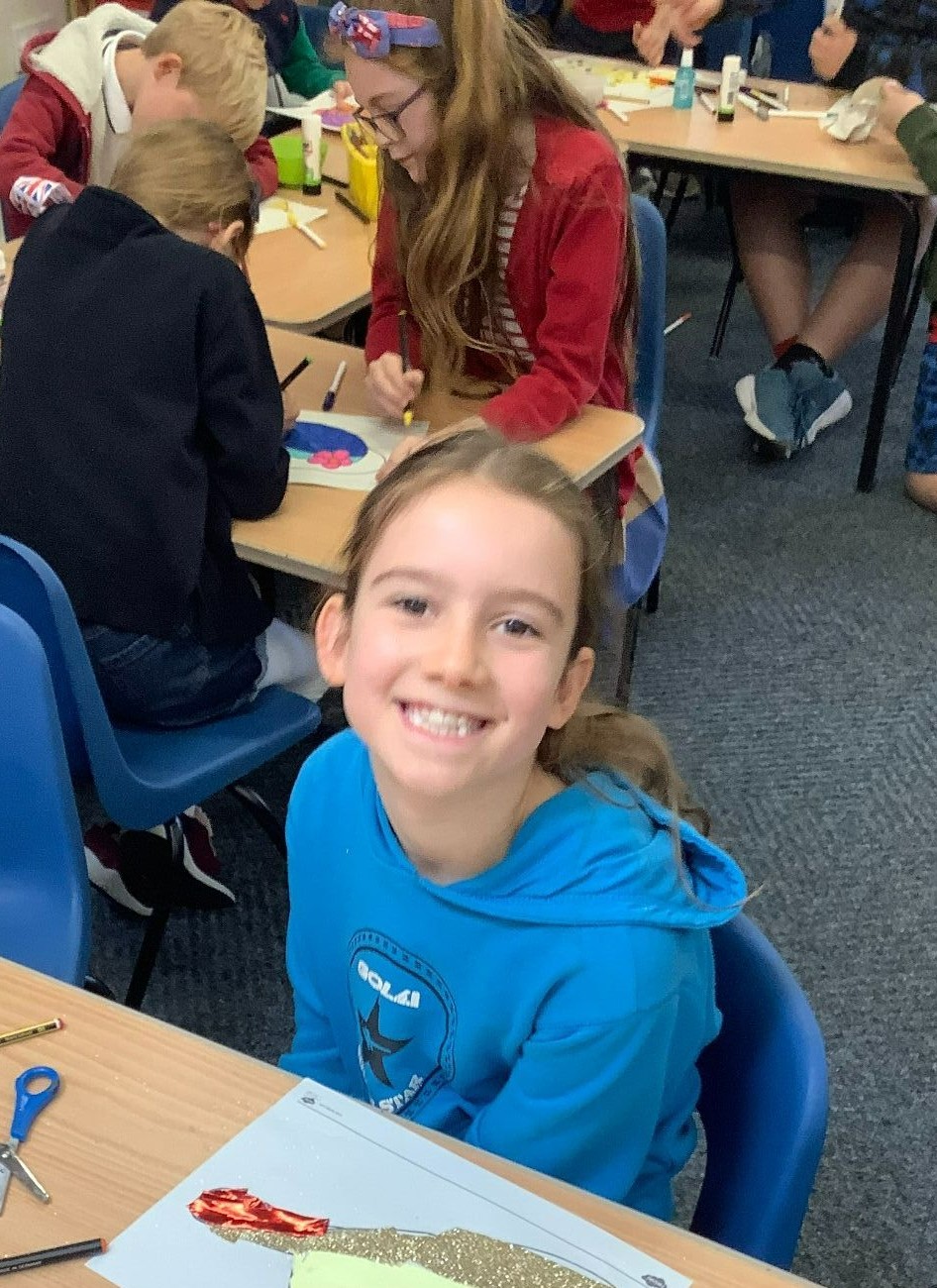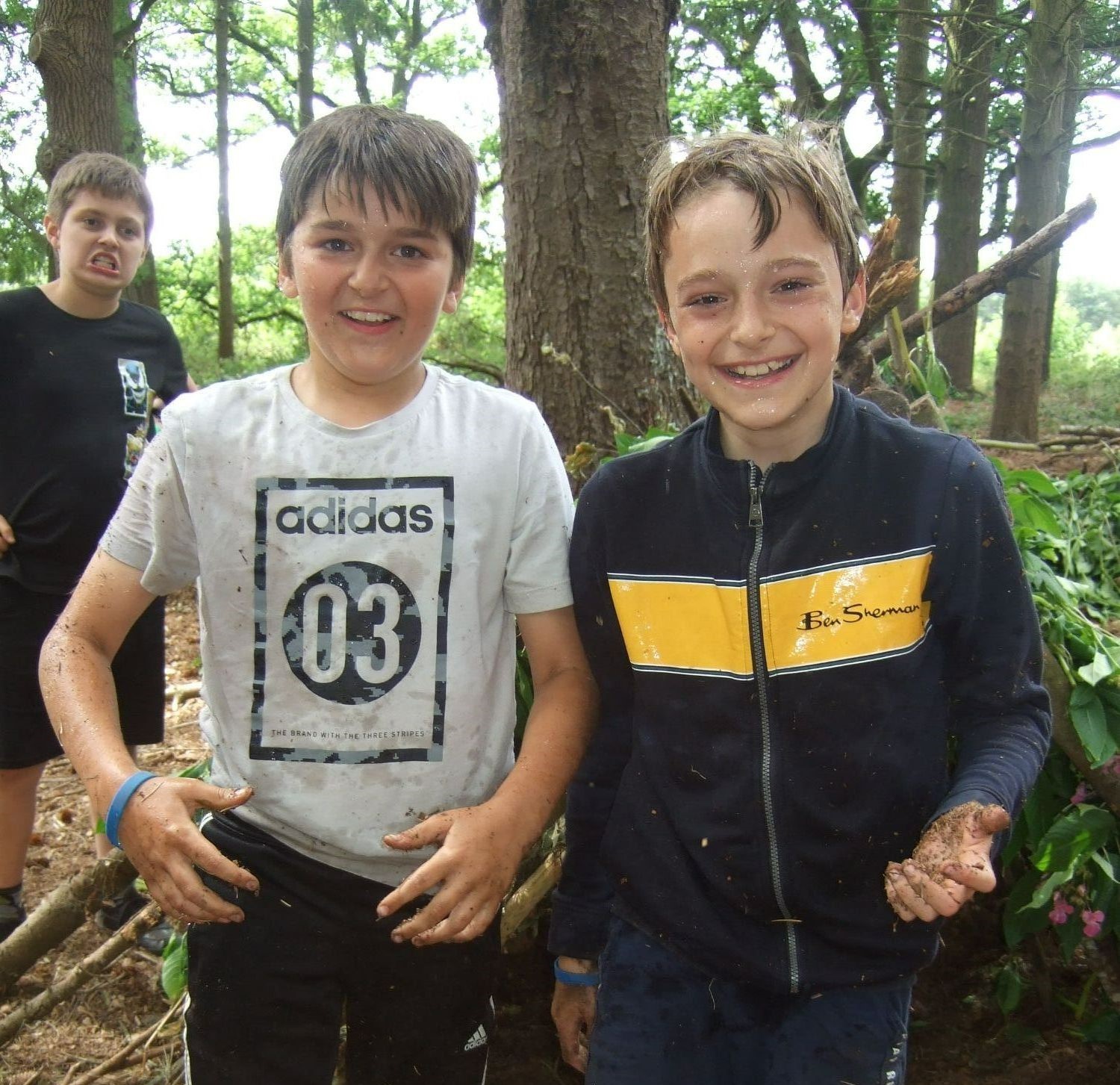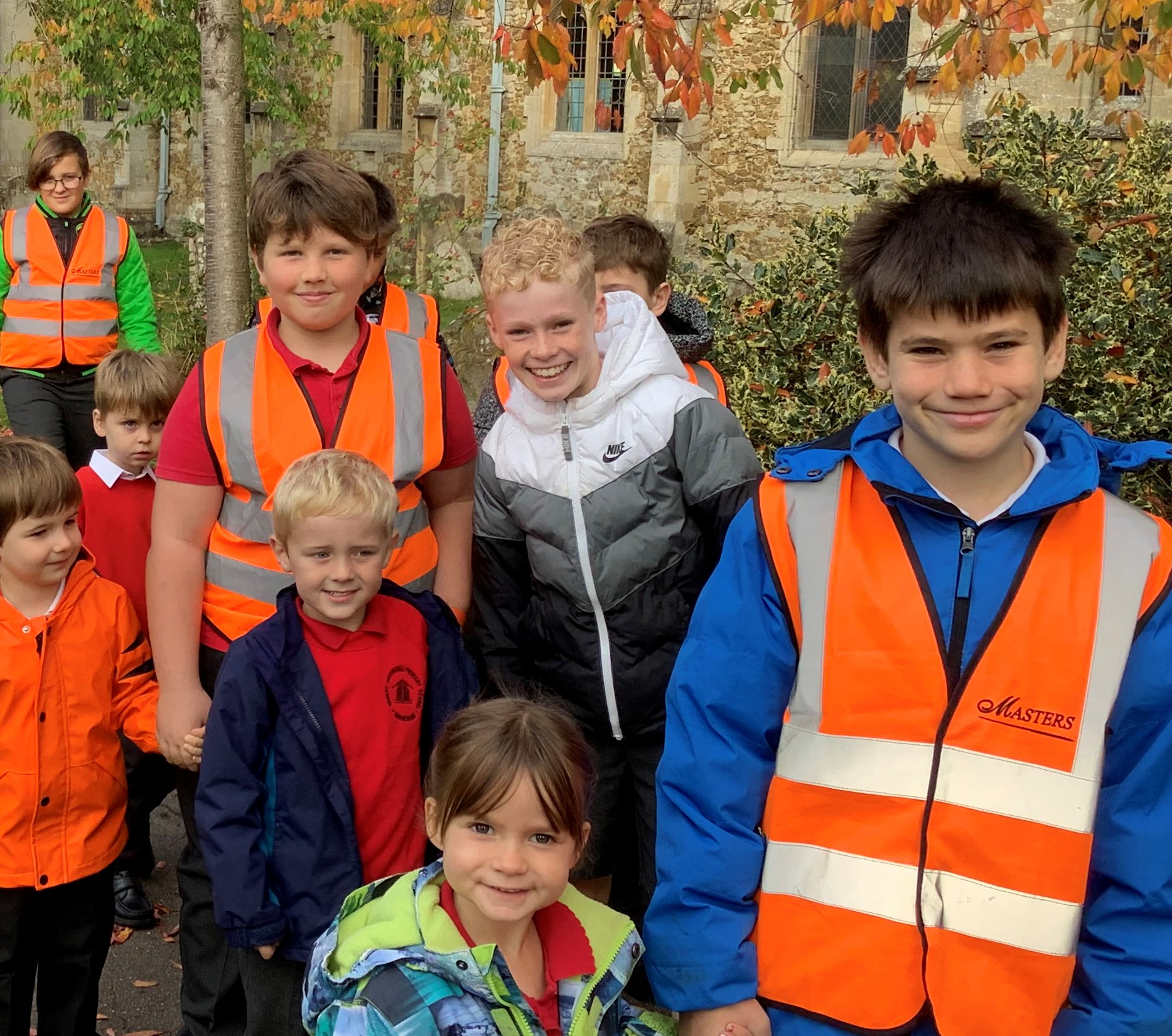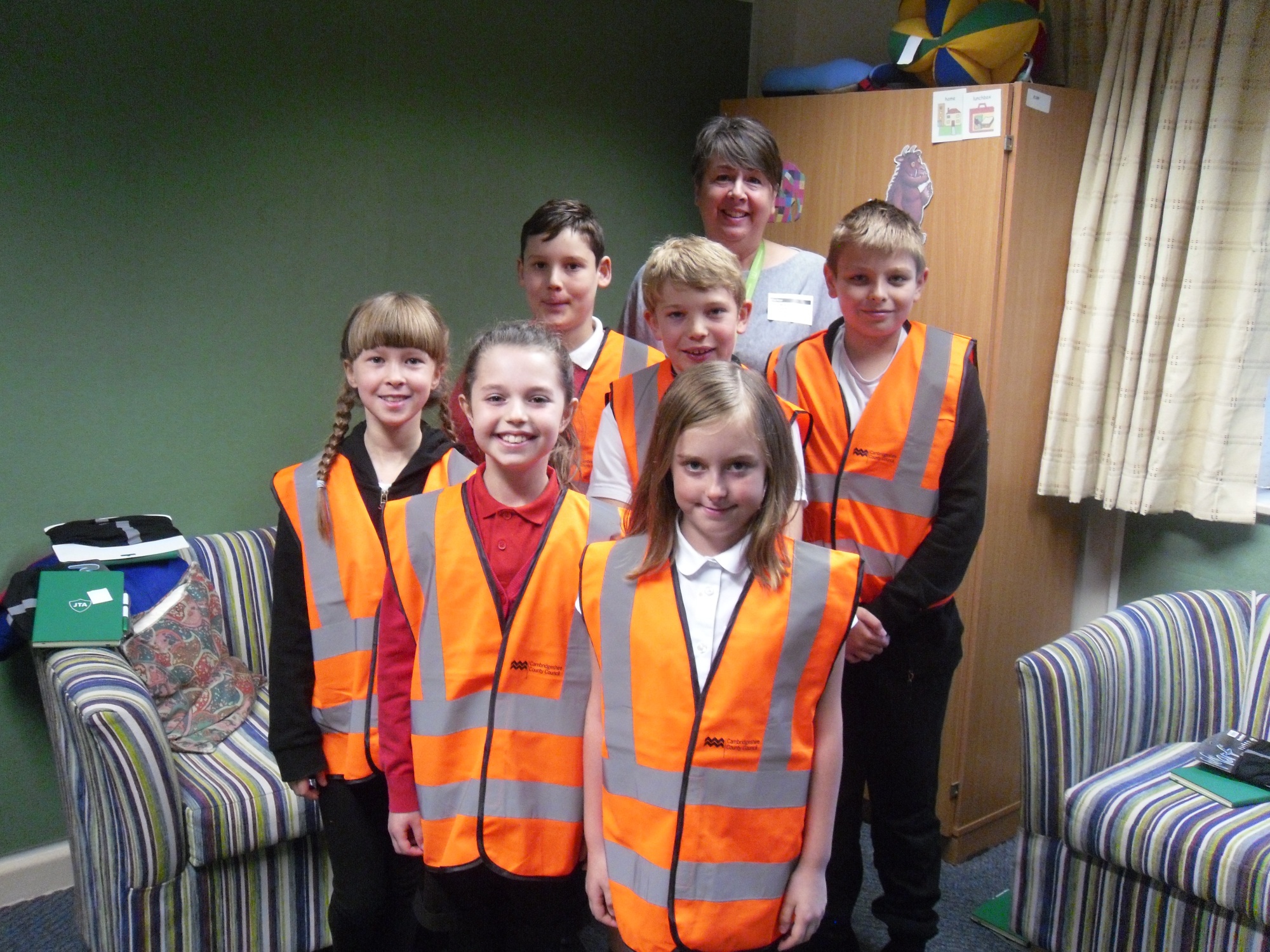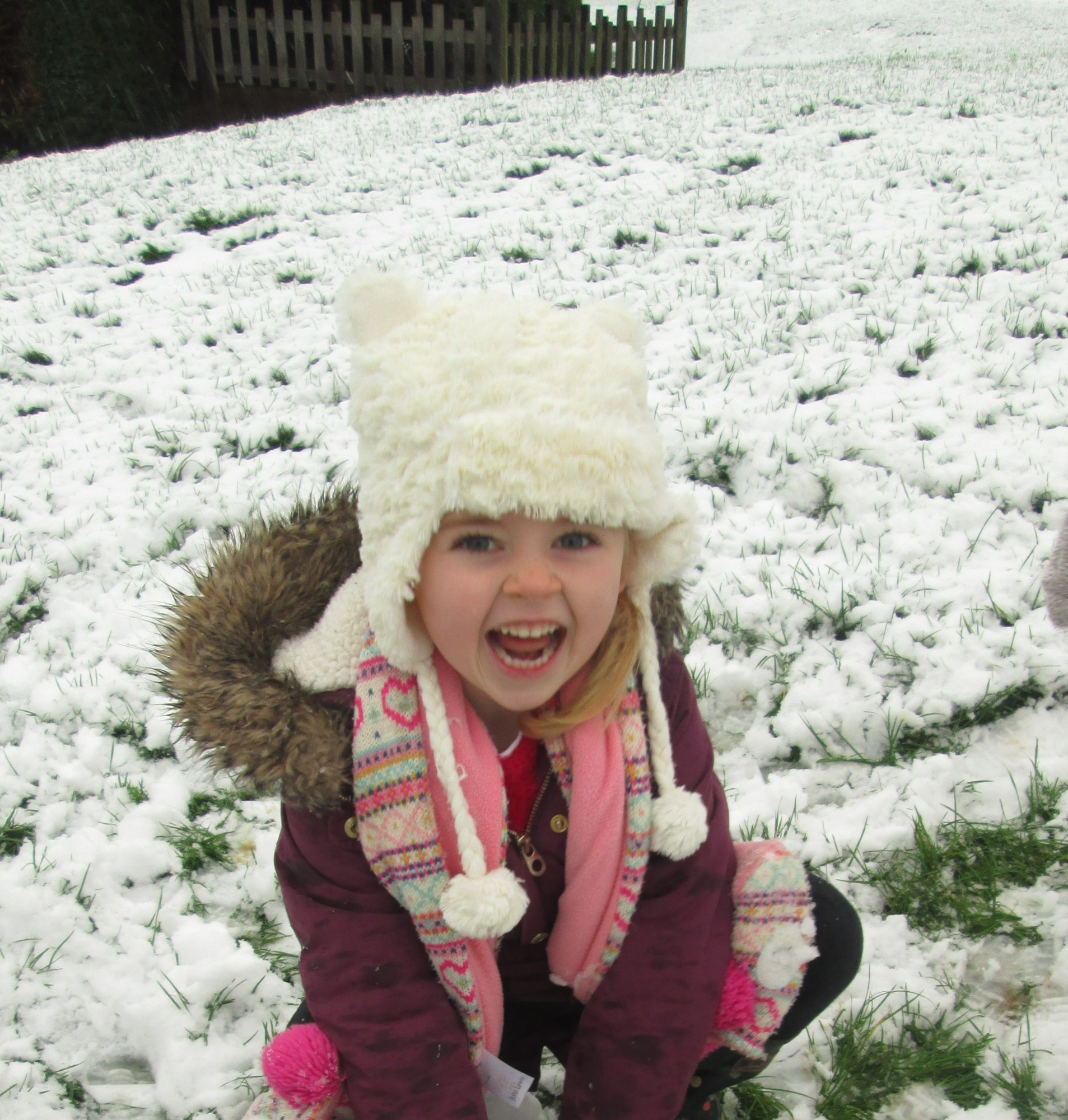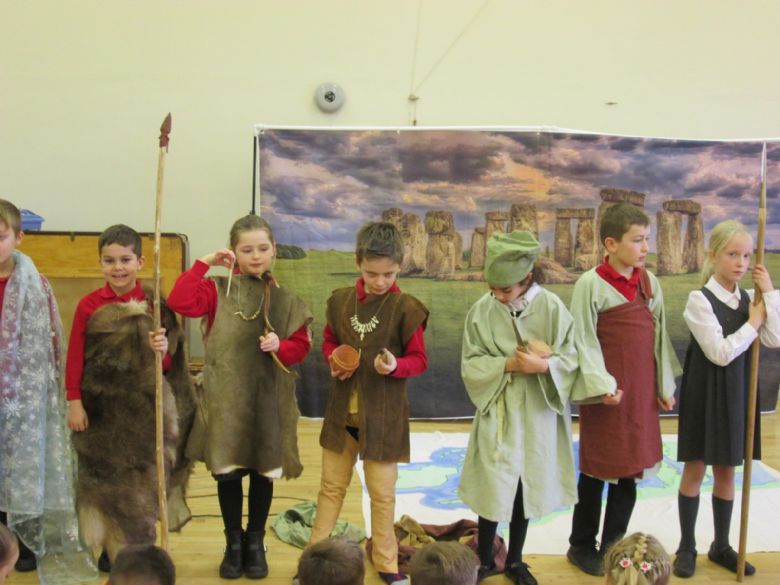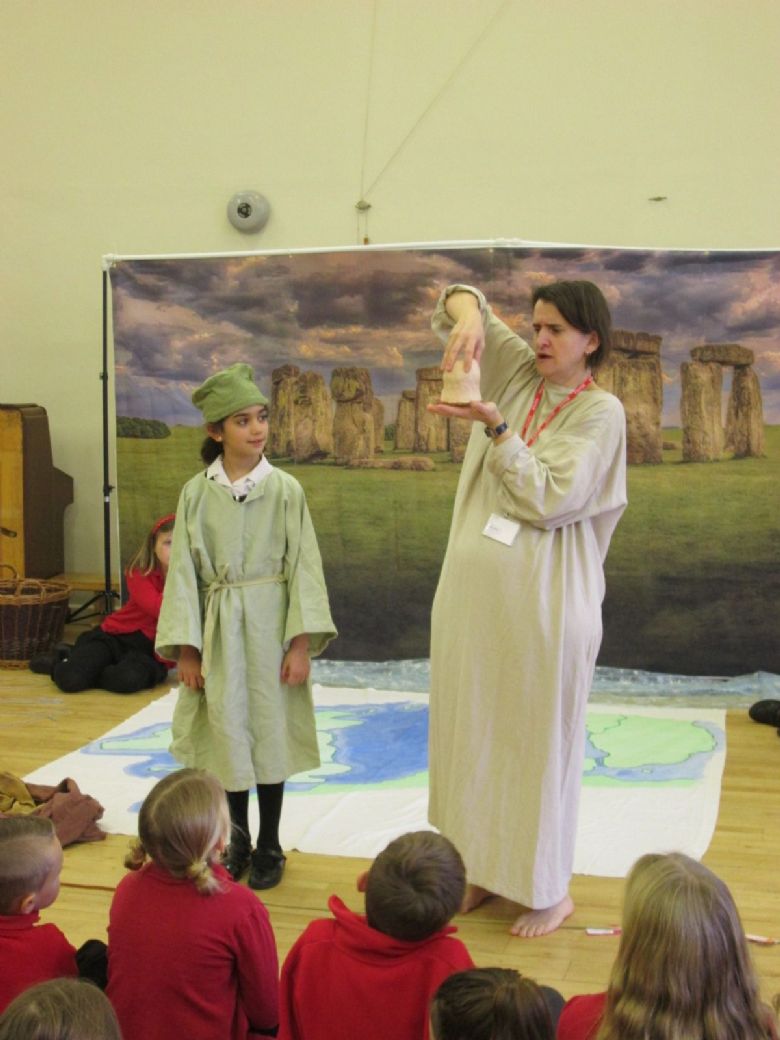History
Intent
At Robert Arkenstall, we recognise that history is vital to a broad and rich primary education. Our aim is to establish, develop and nurture a love for learning about history in each of our children. Our teaching ensures the children will enjoy a rich and varied education studying both ancient and modern history.
Developing an understanding of events over time is important to all members of society and through this, the children can develop an understanding of how our knowledge of the past is constructed, with awareness of a range of interpretations and opinions. Our curriculum provides a cohesive and chronological approach to support children’s understanding of how things have changed over time. Specific attention is given to ensure that children understand how events in the past have influenced our lives today and through a range of high-leverage approaches, children are given opportunities to learn both substantive and disciplinary knowledge which enables them to apply their knowledge and become historians themselves.
We believe that developing children’s skills of enquiry is important so that they can question not just what happened before, but to also ask and discover why these events came to happen and how we know about them now. The use of enquiry questions broaden student’s historical skills and enable their analysis and interpretation of different sources and pieces of evidence which will in turn enhance their problem-solving skills, specialist vocabulary and writing skills across the wider curriculum.
In studying history as a discipline, pupils will:
● use the concepts of continuity and change, cause and consequence, similarity, difference and significance, in order to make connections, draw contrasts, analyse trends, frame historically-valid questions and create their own structured accounts, including written narratives and analyses
● practise the methods of historical enquiry, understand how evidence is used rigorously to make historical claims, and discern how and why contrasting arguments and interpretations of the past have been constructed.
Implementation
We have carefully selected a programme of study, in Opening Worlds, which builds on our key priorities across our curriculum of explicit vocabulary and confident communication skills applied to powerful and rigorous disciplinary knowledge. Pupils are motivated by the high challenge and robust resources which we overlay with local field study and enrichment, drawing on the significance of our local area so children learn to appreciate their own place and its importance.
Our History curriculum is taught through a clearly sequenced curriculum, where learning is carefully mapped from EYFS to Y6 to ensure that the understanding of key concepts is developed in each year. Our content is taught in cycles throughout EY/KS1, Lower KS2 and Upper KS2 where sequences of learning are carefully mapped within each academic year and where, at key milestones, coherence of prior learning builds towards pupils confidently getting better at History by revisiting or recalling learning in the context of new content. We are mindful of when a children transitions e.g. to year 5 and 6 what helpfully antecedent material they will have learnt in year 3 and 4 which we draw upon to support further learning. We are in our journey of exploring Opening Worlds as a key priority of our school improvement over the next 3 years and further adjustments will support ensuring the coherence of KS1 to KS2 will be developed as part of the sustainable implementation plan for the subject within our humanities programme.
Content
Early Years Foundation Stage
During the Early Years Foundation Stage (EYFS), children begin learning history through their curriculum - Understanding the World, Past and Present, using experience of their personal timeline. Children will relate periods of History to their own experiences and what has been read in class. Historical artefacts, the natural world, new life, and stories provide excellent opportunities for learning about History in the Early Years Foundation Stage and is successfully built on at Key Stage 1.
Key Stage 1
Pupils develop an awareness of the past, using common words and phrases relating to the passing of time. They will learn where the people and events they study fit within a chronological framework and identify similarities and differences between ways of life in different periods. Additionally, pupils will develop and use a wide vocabulary of historical terms. They are taught to ask and answer questions, choosing and using parts of stories and other sources to show that they know and understand key features of events. They develop an understanding of some ways in which we find out about the past and identify different ways in which it is represented.
Pupils are taught about:
- Changes within living memory – where appropriate, these should be used to reveal aspects of change in national life
- Events beyond living memory that are significant nationally or globally (for example, the Great Fire of London, the first aeroplane flight or events commemorated through festivals or anniversaries)
- The lives of significant individuals in the past who have contributed to national and international achievements, some should be used to compare aspects of life in different periods
- Significant historical events, people and places in their own locality
Key Stage 2
From September 2021 KS2 pupils will be following the 'Opening Worlds' curriculum. This is a knowledge-rich humanities programme for teaching history, geography and religion in Years 3 to 6. Lessons are taught through rich, extended text in booklets. All new vocabulary is pre-taught and practised through a blend of direct instruction, engaging story-telling and other activities. Pupils develop a secure knowledge and understanding of world history, establishing clear narratives within and across the periods they study. They will learn about connections, contrasts and trends over time and develop the appropriate use of historical terms. Furthermore, pupils will increasingly construct informed responses that involve thoughtful selection and organisation of relevant historical information. They will develop their understanding of how the knowledge of the past is constructed from a range of sources.
Within the Opening Worlds Curriculum, each unit supports key language acquisition. This is supported through the use of key vocabulary identified and explicitly taught using high-leverage approaches such as choral rehearsal and repetition.
This language builds up over the course of the topic and more broadly across the key stage. Vocabulary will be revisited and reviewed frequently as children progress through the history curriculum to enable them to acquire new language and embed prior learning.
Please see below an example of core vocabulary expected for a LKS2 unit centred around the Ancient Egyptians. Each Opening Worlds unit will be built around a similar vocabulary list focused on the core language needed to enable all children to access the learning.
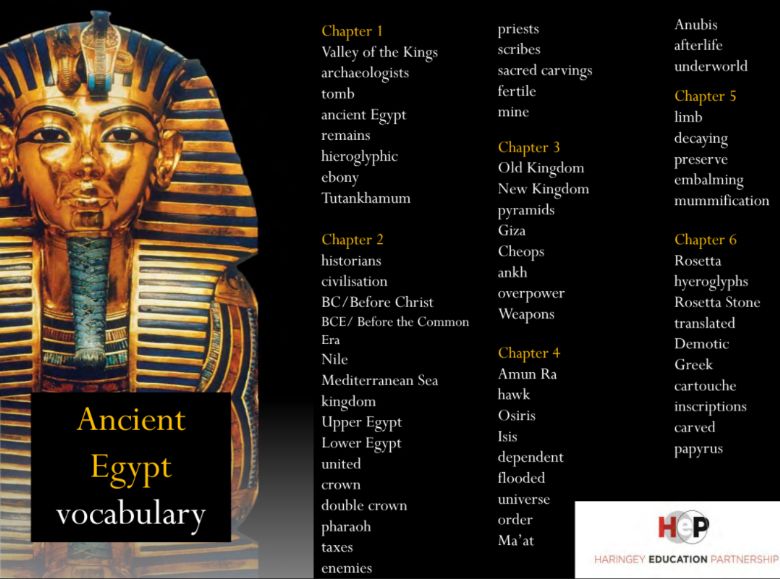
Educational visits and practical resources
Our history curriculum is further supported by educational visits and hands on resources. We have developed lots of links with local organisations that are able to provide us with a range of artefacts, workshops and visits. Last year, for example, we had a virtual visit from the Ely Museum highlighting life in Anglo-Saxon times and were also provided with an extensive range of artefacts which we could share with the children and use to bring our planning and lessons to life. We use our strong partnerships with museums and local heritage sites, from Ely Cathedral to the history of Fenland Drainage Museum.
Impact
The impact of our History curriculum is to provide every child with the opportunity to be a historian. As a result of the overall curriculum design, including mapping of key concepts, knowledge, skills and end points as well as through the enhancement of the curriculum with specially selected visitors and local visits, pupils make outstanding progress over time across the key stages, relative to their individual starting point. Children are expected to leave our school reaching at least age-related expectations for History.
The impact of the History curriculum is evidenced in a range of ways, including pupil voice, lesson visits, books and assessment analysis.





